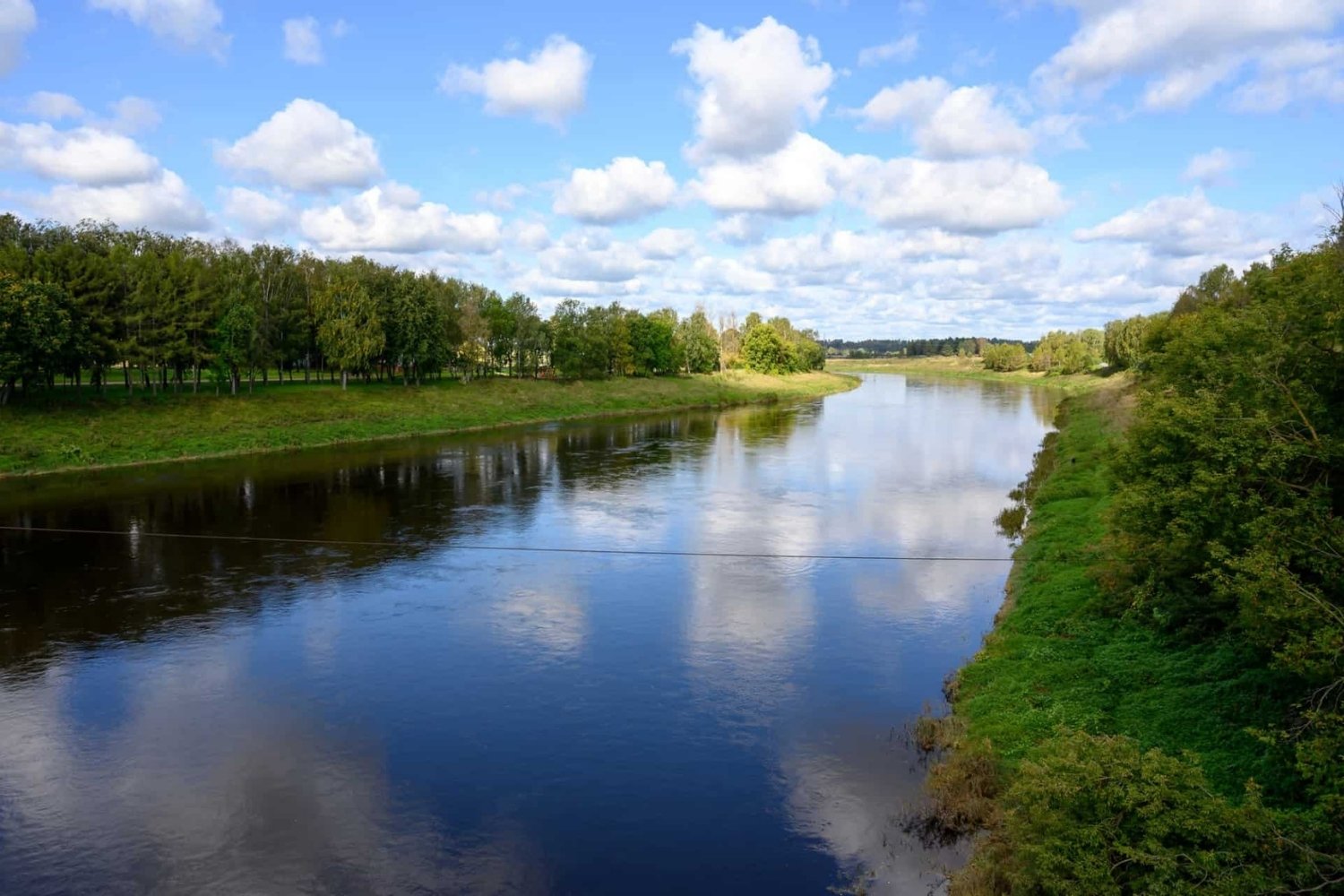
What makes the Volga region so special? The Volga region, often called the heart of Russia, is a land rich in history, culture, and natural beauty. Stretching along the mighty Volga River, this area has been a vital trade route for centuries. It’s home to diverse landscapes, from dense forests to vast steppes. The region boasts vibrant cities like Kazan and Samara, each with unique architectural wonders and cultural heritage. Did you know the Volga River is the longest in Europe? This area also plays a crucial role in Russia's economy, with industries ranging from oil production to agriculture. Curious about more? Let’s dive into 25 fascinating facts about this captivating region!
Key Takeaways:
- The Volga River, known as "Mother Volga," is the longest river in Europe, shaping the history, culture, and economy of the Volga region.
- The Volga region is a diverse and vibrant area, with rich history, stunning landscapes, and a blend of traditional and modern influences.
The Volga River: Lifeline of the Region
The Volga River is the longest river in Europe, stretching over 2,300 miles. It plays a crucial role in the lives of millions of people living in the Volga region.
- The Volga River flows through central Russia and empties into the Caspian Sea.
- It is often referred to as "Mother Volga" due to its importance in Russian culture and history.
- The river basin covers an area of about 1.35 million square kilometers.
- Major cities like Volgograd, Kazan, and Nizhny Novgorod are situated along its banks.
- The Volga River is a key waterway for transportation, connecting many parts of Russia.
Historical Significance
The Volga region has a rich history, with numerous events and developments shaping its past.
- The region was home to the ancient Volga Bulgars, a Turkic people who established a powerful state in the 7th century.
- The Mongol Empire, under Genghis Khan, conquered the Volga region in the 13th century.
- Ivan the Terrible annexed the region in the 16th century, expanding the Russian Empire.
- The Battle of Stalingrad, one of the most significant battles of World War II, took place in the Volga region.
- The region has been a melting pot of various cultures, including Slavic, Turkic, and Finno-Ugric peoples.
Natural Beauty and Wildlife
The Volga region boasts stunning landscapes and diverse wildlife, making it a haven for nature enthusiasts.
- The Volga Delta is the largest river delta in Europe, covering over 27,000 square kilometers.
- The region is home to the Astrakhan Nature Reserve, which protects numerous bird species.
- The Volga River is teeming with fish, including sturgeon, which produce the famous Russian caviar.
- Dense forests and rolling hills characterize the upper Volga region.
- The region experiences a continental climate, with cold winters and warm summers.
Economic Importance
The Volga region is a vital economic hub, contributing significantly to Russia's economy.
- The region is rich in natural resources, including oil, natural gas, and minerals.
- Major industries in the region include manufacturing, agriculture, and energy production.
- The Volga River provides water for irrigation, supporting extensive agricultural activities.
- Hydroelectric power plants along the Volga generate a significant portion of Russia's electricity.
- The region's ports facilitate trade and transportation, connecting Russia to international markets.
Cultural Heritage
The Volga region has a vibrant cultural scene, with a blend of traditional and modern influences.
- The region is known for its folk music, dance, and crafts, reflecting its diverse cultural heritage.
- Kazan, the capital of Tatarstan, is a cultural center with a rich history and stunning architecture.
- The Mari El Republic, located in the Volga region, is home to the Mari people, who have preserved their unique language and traditions.
- The region hosts numerous festivals and events, celebrating its cultural diversity and history.
- The Volga region has inspired many Russian writers, artists, and musicians, contributing to the country's cultural legacy.
The Final Word on the Volga Region
The Volga Region is a treasure trove of fascinating facts and rich history. From being the longest river in Europe to its significant role in Russian culture and economy, this area is truly unique. The Volga River has shaped the lives of millions, serving as a vital waterway for trade and transportation. Its diverse ecosystems support a wide range of wildlife, making it a haven for nature enthusiasts. The region's cities, like Kazan and Nizhny Novgorod, offer a blend of modernity and tradition, showcasing stunning architecture and vibrant cultures. Whether you're interested in history, nature, or urban life, the Volga Region has something for everyone. So, next time you think about exploring new places, consider the Volga Region. It promises an unforgettable experience filled with stories and sights that will leave you in awe.
Frequently Asked Questions
Was this page helpful?
Our commitment to delivering trustworthy and engaging content is at the heart of what we do. Each fact on our site is contributed by real users like you, bringing a wealth of diverse insights and information. To ensure the highest standards of accuracy and reliability, our dedicated editors meticulously review each submission. This process guarantees that the facts we share are not only fascinating but also credible. Trust in our commitment to quality and authenticity as you explore and learn with us.
